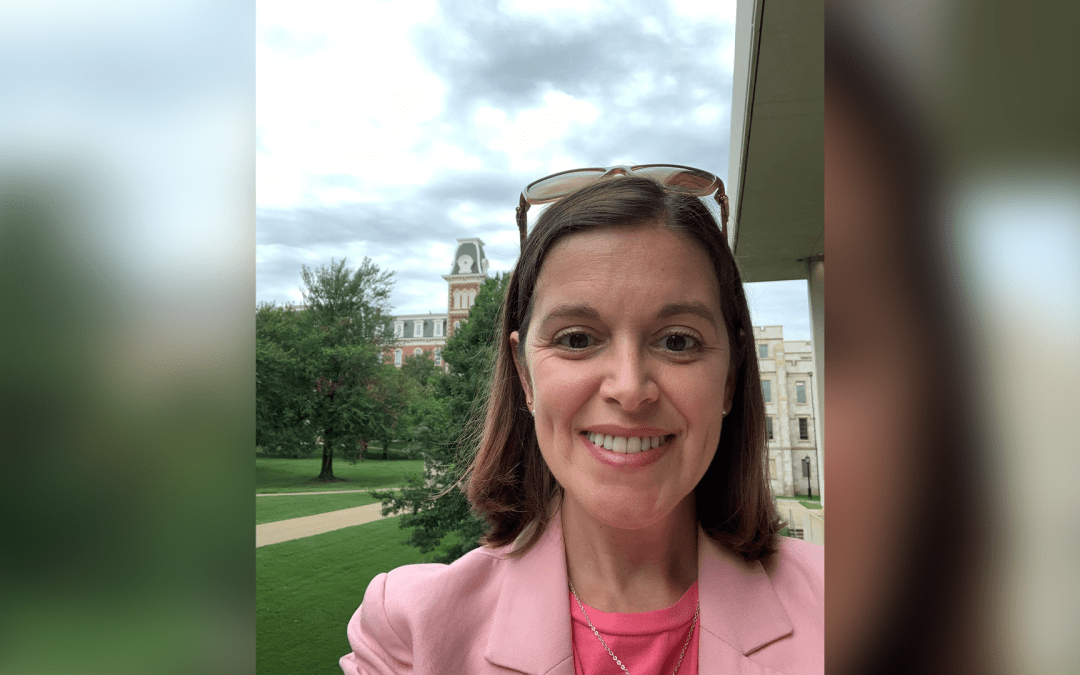Professor Gema Zamarro was recently elected to the Association for Education Finance and Policy (AEFP) Board of Directors.
“AEFP is one, if not the main, education policy association that brings together researchers, policymakers and practitioners to tackle the most important education finance and policy issues. I am excited to serve the education policy community in this new role,” said Zamarro, Twenty-First Century Endowed Chair in Teacher Quality at the U of A Department of Education Reform.
AEFP offers opportunities for members to engage with one another around rigorous research that can inform education finance and policy decisions. The website notes, “Ultimately, we strive to improve education policy so that all students have access to educational opportunities and are given the means to succeed in school and their lives.”
“Since AEFP is so influential in the education policy field, board elections are highly competitive,” said Patrick Wolf, interim head of the Department of Education Reform. “It is a great tribute to Dr. Zamarro that she won this contest and will help guide the organization’s work over the next three years.”
Zamarro teaches education policy and economics at the U of A and is also an adjunct senior economist at the USC Dornsife Center for Economic and Social Research (CESR). She previously worked as an economist at the RAND Corporation, a professor at the Pardee RAND Graduate School of Public Policy and an assistant professor in the Department of Econometrics at Tilburg University in the Netherlands.
Zamarro’s research revolves around education policy and labor economics. She has studied the relationship between teacher quality and student performance, the effect of school closing policies on student outcomes and the effect of dual-language immersion programs on student outcomes, among other topics. Her current research focuses on teacher labor markets and the gender and education impacts of the COVID-19 crisis. Her work has been featured numerous times in the American and Spanish media and has helped inform policy both at the national and state levels.


